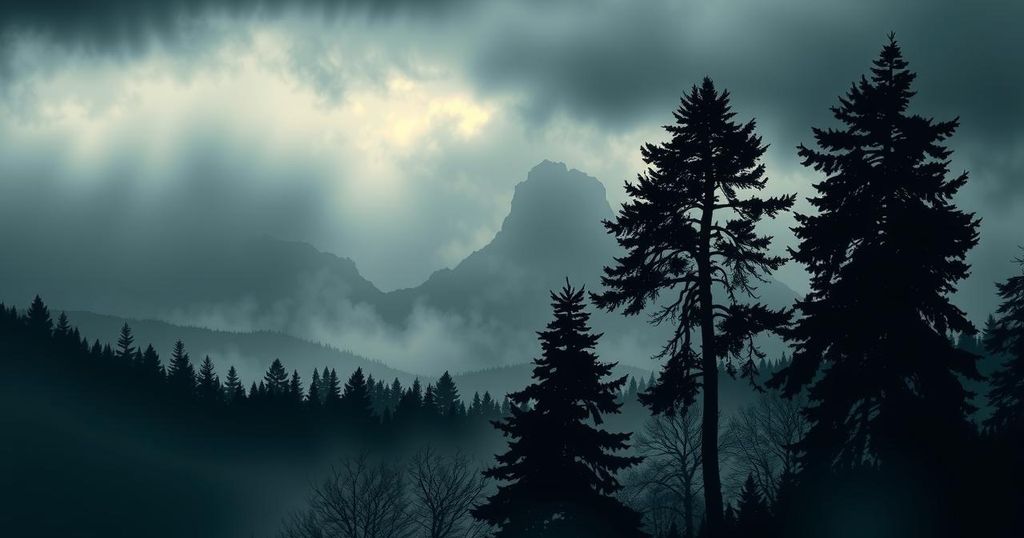Rising Tensions in Eastern DRC: M23’s Control of Goma and Regional Implications
The M23 rebel group’s recent control of Goma, allegedly backed by Rwanda, has heightened fears of renewed conflict in the Eastern Democratic Republic of Congo. This has resulted in significant civilian displacement and casualties. Historical wars and regional dynamics continue to influence the current situation, raising concerns for the future stability of the DRC amidst weakened international support.
Recently, M23, a Tutsi-led rebel group, captured Goma, the largest city in the Eastern Democratic Republic of Congo (DRC), allegedly with Rwandan support. They assert that their mission is to safeguard Congolese Tutsis against Hutu militias linked to Rwanda’s genocide. Current reports show their advance toward Bukavu, heightening tensions in the region.
M23’s takeover of Goma has resulted in significant control over critical infrastructure, including the airport and border check-posts. The ongoing conflict has claimed over 3,000 lives, including international peacekeepers, and left around 500,000 civilians displaced. Residents express their frustration towards Western nations for failing to curb M23’s advance, while Congolese authorities classify Rwanda’s actions as an act of war.
To understand the situation, it is vital to examine the historical context. Since 1996, the DRC has experienced two extensive wars involving various regional actors, largely due to Rwanda’s interventions. These conflicts have led to the downfall of governments in Kinshasa and, alarmingly, more than six million deaths, marking the Second Congo War as the deadliest conflict since World War II.
The DRC has been plagued by recurrent conflicts motivated by power struggles and contestations over resources. The inability of the Congolese government to effectively address rebel threats, coupled with pervasive corruption within its military, has resulted in ongoing instability. The DRC is rich in minerals such as copper, cobalt, gold, and uranium, making it an attractive target for exploitation, complicating peace efforts further. The geopolitical ramifications of previous wars continue to influence the region’s conflicts, with foreign interests in resource extraction exacerbating tensions. Allegations about Rwandan support for groups like M23 complicate the dynamics, suggesting that outside nations are not only observers but active participants.
The M23 insurgency has rekindled fears of a broader regional conflict in the DRC, a country already suffering from a legacy of violence and militarized exploitation of resources. With international focus diverted from the DRC, the responsibility falls on regional powers and the Congolese government to work collaboratively toward stability. Without substantial intervention from global powers like the United States, France, and the UK, the risk of lethargically repeating history looms large.
Original Source: www.deccanherald.com




Post Comment